BY CHLOE PORTER
“Listen to the governor and please don’t go out,” said Jane.
An essential worker for a Wadsworth retailer contracted the coronavirus after putting in hours to supply people with necessary goods. She would like to remain anonymous because she does not want this to affect her employer or family, so she will be referred to as Jane in this article.
Jane’s first symptoms began on Saturday, March 14 with fatigue, but no other symptoms were present. After that she began to have a small cough, but nothing that seemed serious enough to address. That Monday, March 16th, her neck began hurting, so she decided it was safer to stay home from work the next day. Things changed quickly within the next few days.
“I literally thought I was going to die,” said Jane.
Her cough continued to get worse, and eventually she lost her voice as well. Jane was sleeping for eighteen hours a day at this point. The doctor felt that it was a possibility that she could have COVID-19, but considering she did not have a fever or shortness of breath they diagnosed her with an upper respiratory infection. Over the next two days she continued to get worse, and Jane’s doctor sent her to get tested at University Hospital in Mayfield Heights. Once arriving she still had not met the criteria to get tested, and after a negative chest x-ray, was sent home with steroids.
Nevertheless steroids did not help Jane’s case at all, and on March 23 she had a virtual visit with her doctor. Her case continued to worsen, and they diagnosed her with pneumonia. At this point steroids, cough pills, and antibiotics were not helping and she was continuing to feel worse every day.
On March 31, after multiple virtual doctor visits she was finally approved for COVID-19 testing. Jane said testing was extremely uncomfortable, and everyone was completely covered head to toe in protective gear. The test is basically a large q-tip which she estimates was stuck approximately 3-4” up both nostrils. It took less than 30 seconds, yet it was a terrible feeling. After 48 hours, she received a phone call with her test results.
“I almost fell to the floor,” said Jane.

They told Jane she tested positive, which came as a huge surprise to her because of how long it took to get tested and the lack of major symptoms (fever and difficulty breathing). Even though she was glad she got the test, there is still not much they can do to treat it. Jane was not given anything to ease the pain, but she said Tylenol did help with her headaches.
“To this day I have never had a fever or shortness of breath,” said Jane.
This is a good sign, but also a serious problem considering these are the main symptoms of the virus which prevented her from being tested for so long. Many people believe that if they do not have a fever then they cannot have COVID-19, but Jane wants people to know that this is an untrue rumor and she is living proof of it.
As of right now, Jane is not sure what medical bills she will be receiving. There were many doctors and virtual visits involved. She does not know what costs associated with the test itself there will be either.
One thing that has helped Jane personally in her fight against COVID-19 is the support of her family and friends. She currently has two sons in college who she could not spend Easter with due to her illness. The two of them put together an uplifting video compilation from several of their friends telling her to get well soon. This has inspired Jane so much and is something that she has watched so many times to motivate her to keep fighting this virus. Her friends and family have dropped off food on her porch. One of her nurses has even offered to go shopping for her. The support of these people has continuously pushed her to keep going even though she was in such a dark place mentally.
Jane’s cough is beginning to get better and her voice has come back. Though only able to be on her feet for 15-20 minutes at a time, she is regaining some energy and stamina. One problem that has arisen during her recovery seems to be neurological. She has been having confusing thoughts, and disturbing nightmares having to do with random things from her past. This has prevented her from getting her necessary sleep. Many other coronavirus survivors are reporting some of the same experiences and being put on sleeping pills. Studies are currently being conducted on what these recovering nightmares have to do with the virus, but it is greatly slowing down her recovery time.
Although Jane may be recovering, she wants everyone to know that this is a very serious situation and asks that everyone please follow government guidelines for the health and well being of themselves and others. Jane did not work with patients directly, but was on the front lines of this crisis and risked her health for everyone in this community. In order to protect other essential workers, she asks that every person stay home unless it is completely necessary to go out, so that we can limit the people who have to experience the effects of this virus.


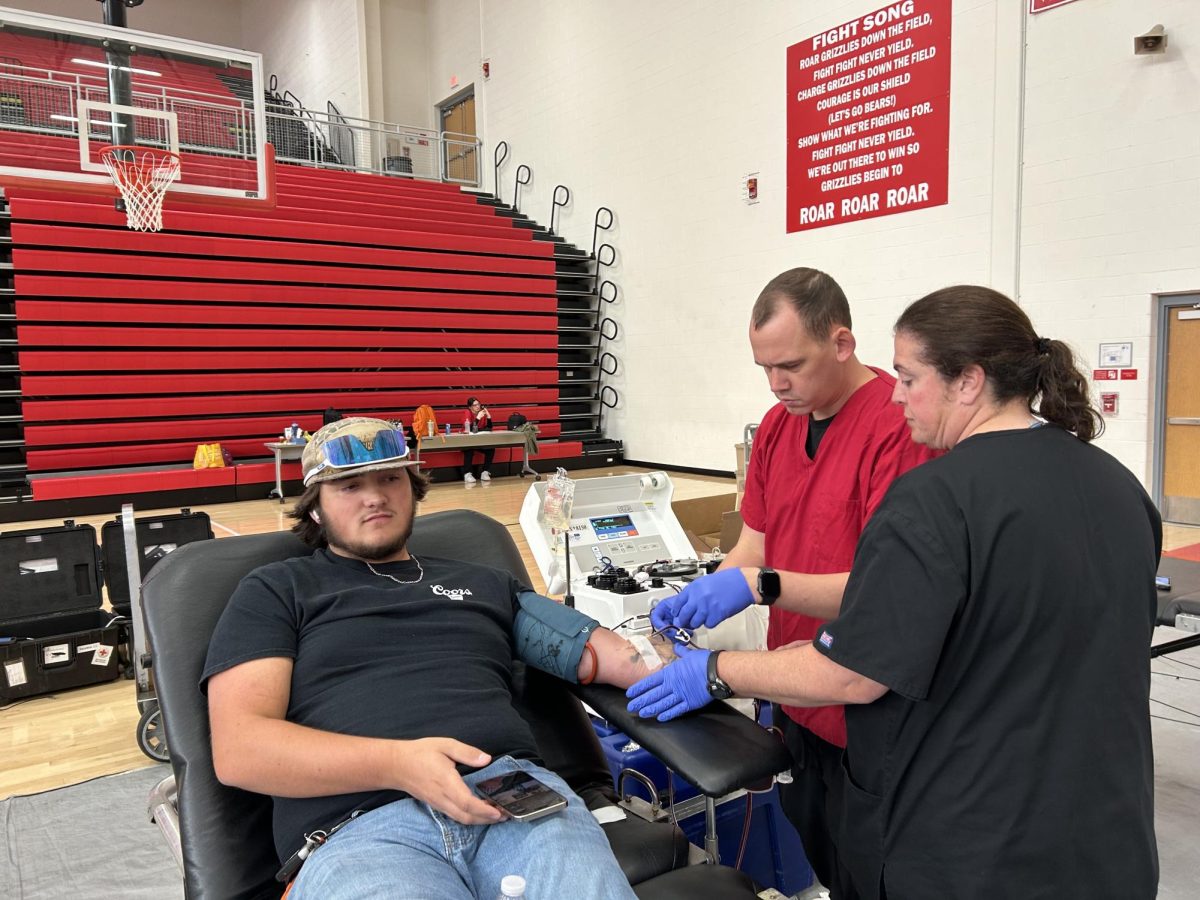
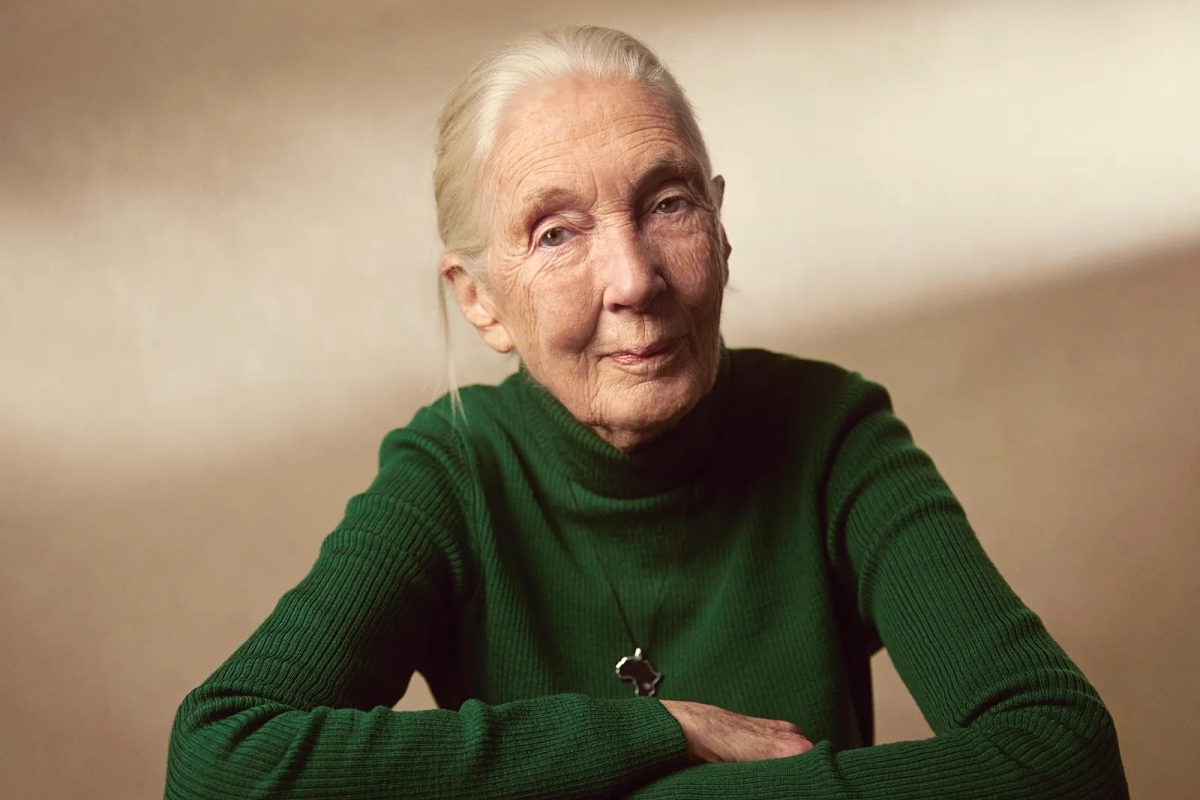
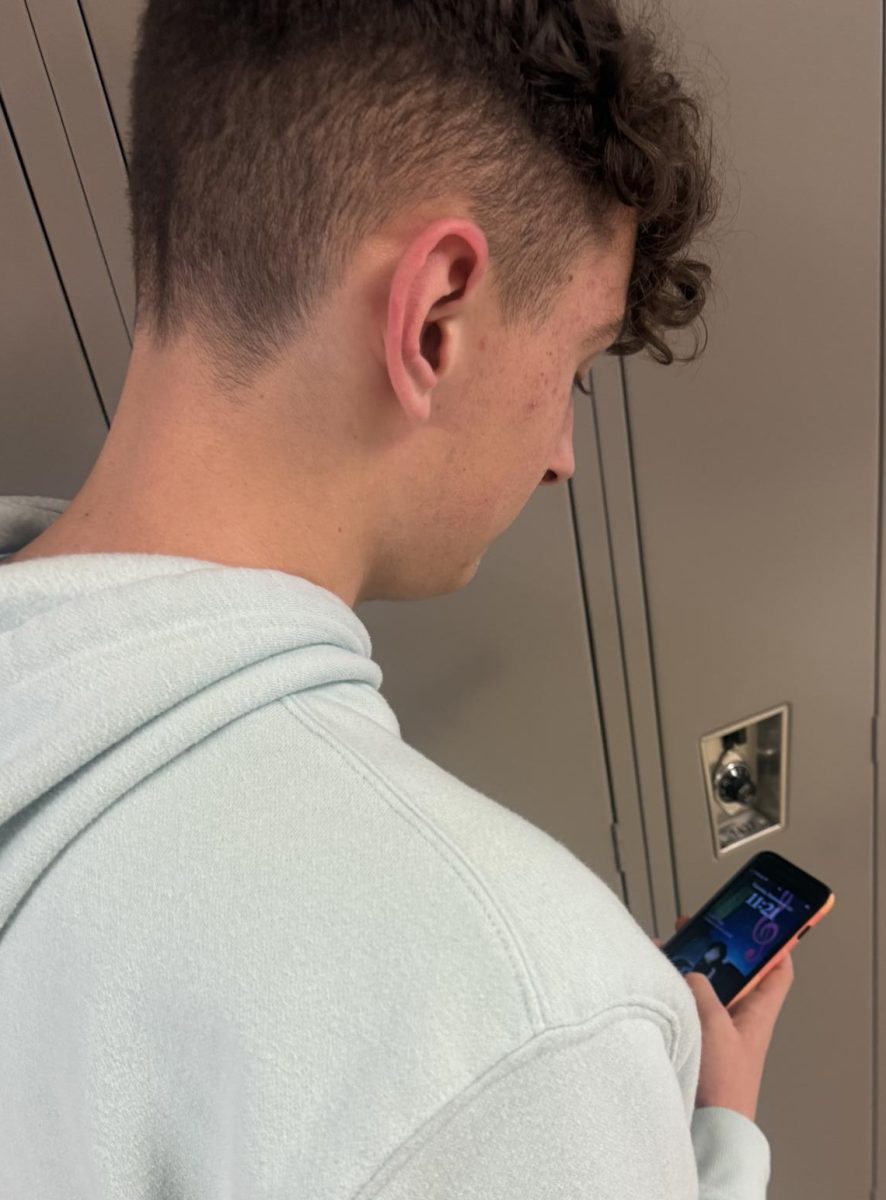












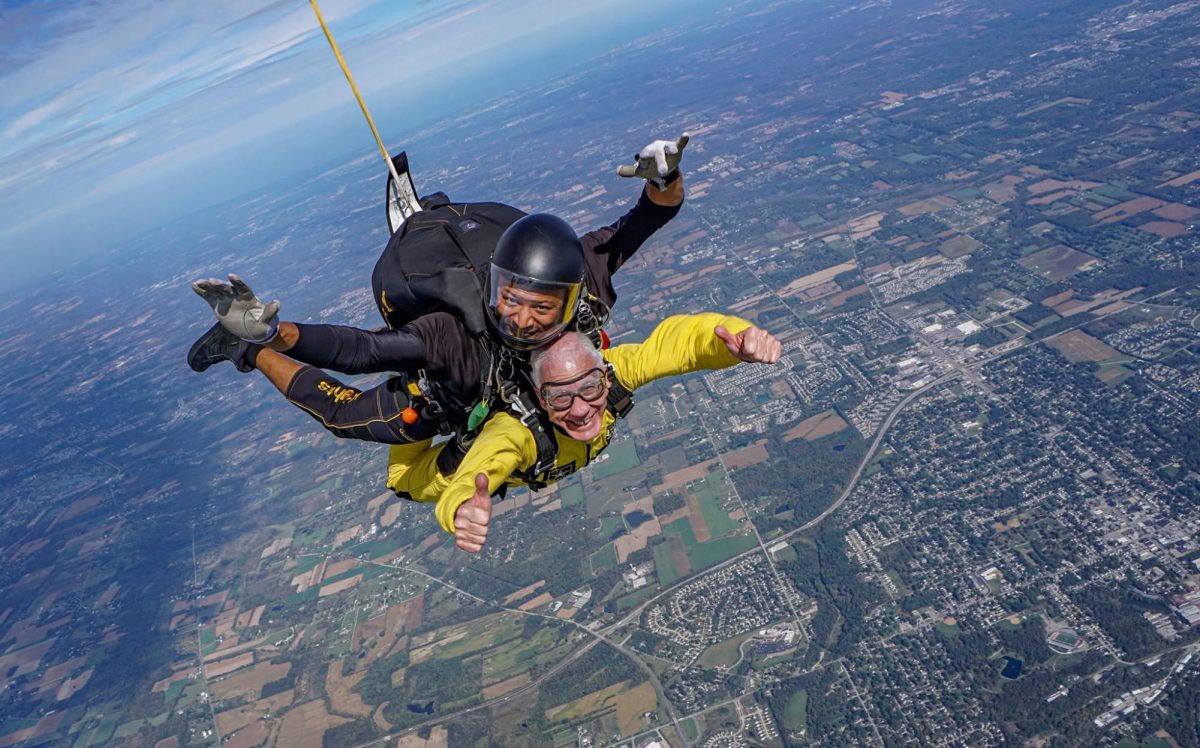



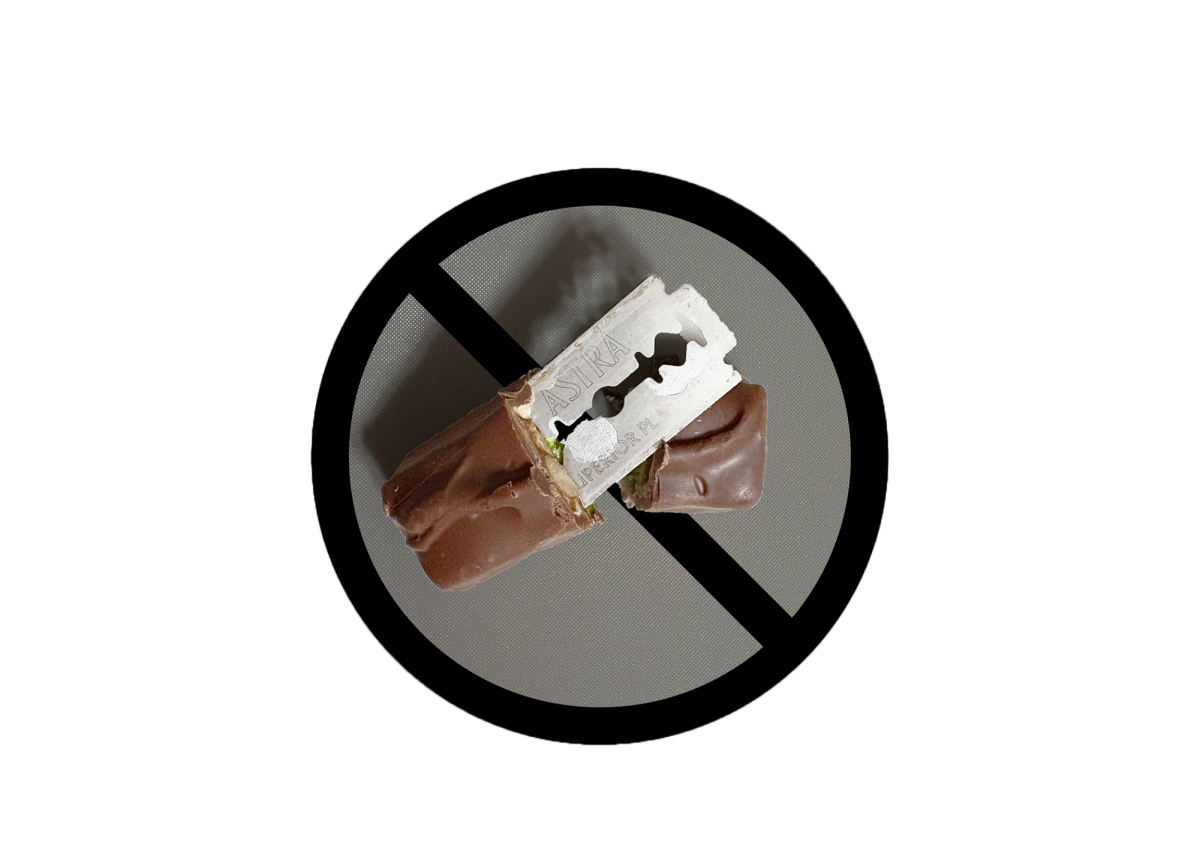



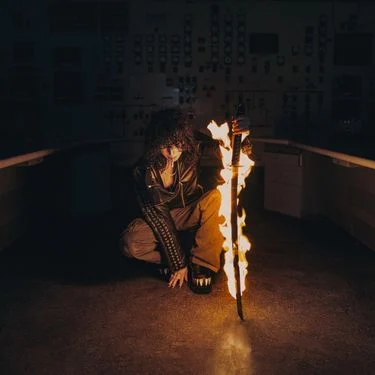









![Wadsworth's Class Of 2025 Walks At Graduation Ceremony [Photo Gallery]](https://wadsworthbruin.com/wp-content/uploads/2025/05/IMG_9018-1-1200x800.jpg)
